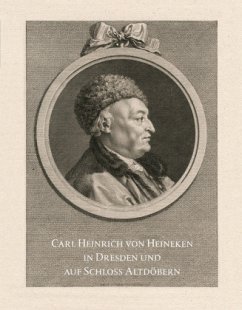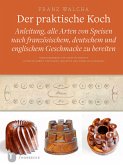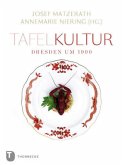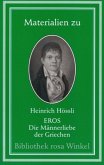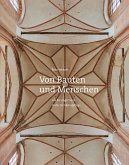A view into the book you can find under "http://verlag.sandstein.de/reader/98-403_Heineken"Carl Heinrich von Heineken in Dresden and at Castle AltdöbernCarl Heinrich von Heineken (1707-1791) is beyond doubt one of the most important 18th-century art scholars and collectors. Neither his life nor his work, however, have come to the attention of a wider public. A close confidant of Saxon Prime Minister Heinrich Graf von Brühl and initially responsible for the latter's art collections and library, Heineken was appointed director of the Dresden Kupferstich-Kabinett at the court of Elector Frederick August II of Saxony in 1746. Within a short period of time, Heineken succeeded in expanding the elector's collection on a grand scale, thus consolidating its international rank.In 1763, however, Heineken's merits in the development of the Dresden collections suddenly came under suspicion. Although the allegations of corruption and embezzling state funds eventually proved to be unfounded, Heineken was dismissed from his position as director of the electoral Kupferstich-Kabinett and forced to leave Dresden. In December 1764 he therefore moved to his estate in Altdöbern in Lower Lusatia. Secluded from the metropolis of Dresden, he devoted himself for the following three decades to intense scholarly research on art, the fruit of which was a stunning series of publications on the history of graphic arts.This publication wants to bring the almost forgotten art scholar and his diverse activities in Dresden and Altdöbern back to the attention of the public.
Bitte wählen Sie Ihr Anliegen aus.
Rechnungen
Retourenschein anfordern
Bestellstatus
Storno

